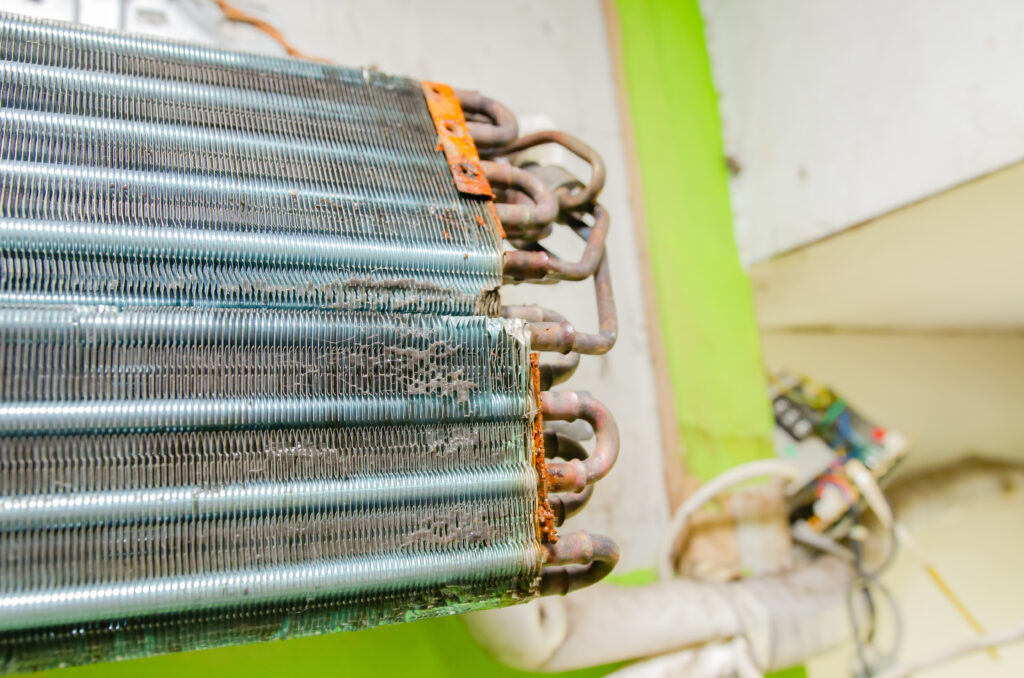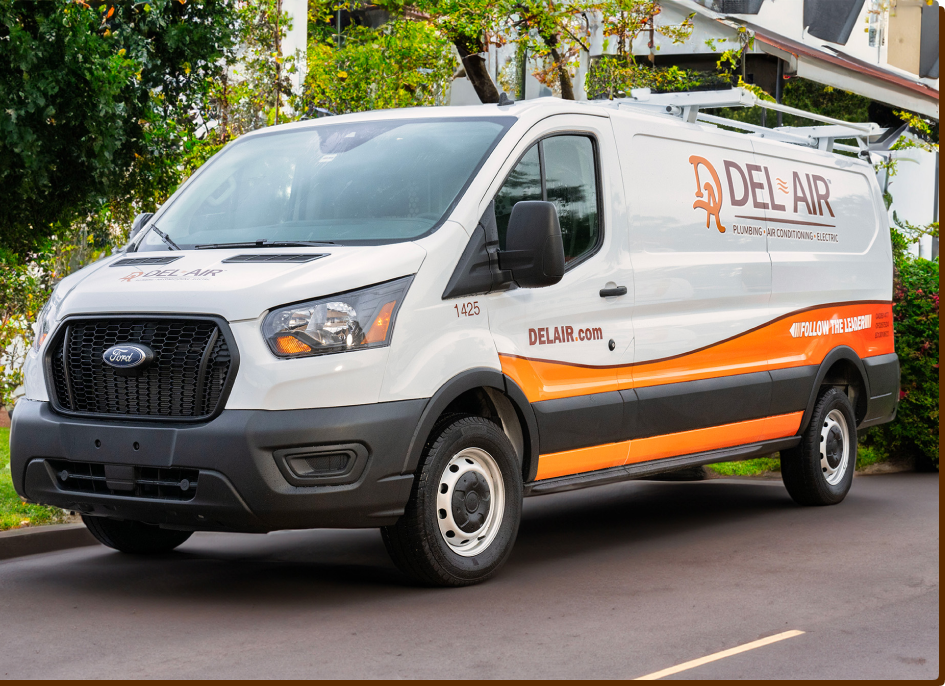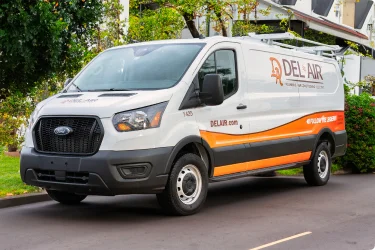

Bigger isn’t always better when it comes to your HVAC unit. Some homeowners buy the biggest units possible, thinking their homes will cool quicker and use less energy.
Oversized systems can diminish the comfort you experience in your Tampa, FL, home. Here’s how load calculations can help you get the right unit.
What Are Load Calculations?
Load calculations determine the size and scope needed for an air conditioning unit. Contractors consider the square footage of your home, the home type, and other factors. With this information, they can determine the power needed to cool your home.
How Are Load Calculations Measured?
Contractors measure the efficiency needed in tons and BTUs. You might have a 3-ton air conditioning unit in your home, but this doesn’t mean your unit weighs 6,000 pounds. It actually refers to the heating and cooling capacity of the model.
BTUs are a traditional unit to measure heat. Tons are calculated as BTUs per hour. So a 3-ton AC operates at 36,000 BTU/hour. The more tons or BTUs associated with your unit, the more powerful it is.
What Happens if Your Load Calculation is Wrong?
Modern tools make it easy to calculate the exact size unit you need for your home. If your load calculations are off, then you could end up paying more for a larger unit.
Oversized units also have shorter lifespans because they turn on and off so frequently. They can also make a home feel clammy because they only cool the area and don’t have time to reduce the humidity. Finding the right unit isn’t just a matter of money, it’s also a matter of comfort and health.
If you need a new air conditioner, call the experts at Del-Air Heating & Air Conditioning. We can calculate the right size for your home and find a model that optimizes your home’s energy efficiency.
Learn more and schedule a service with Del-Air today by contacting us online.






